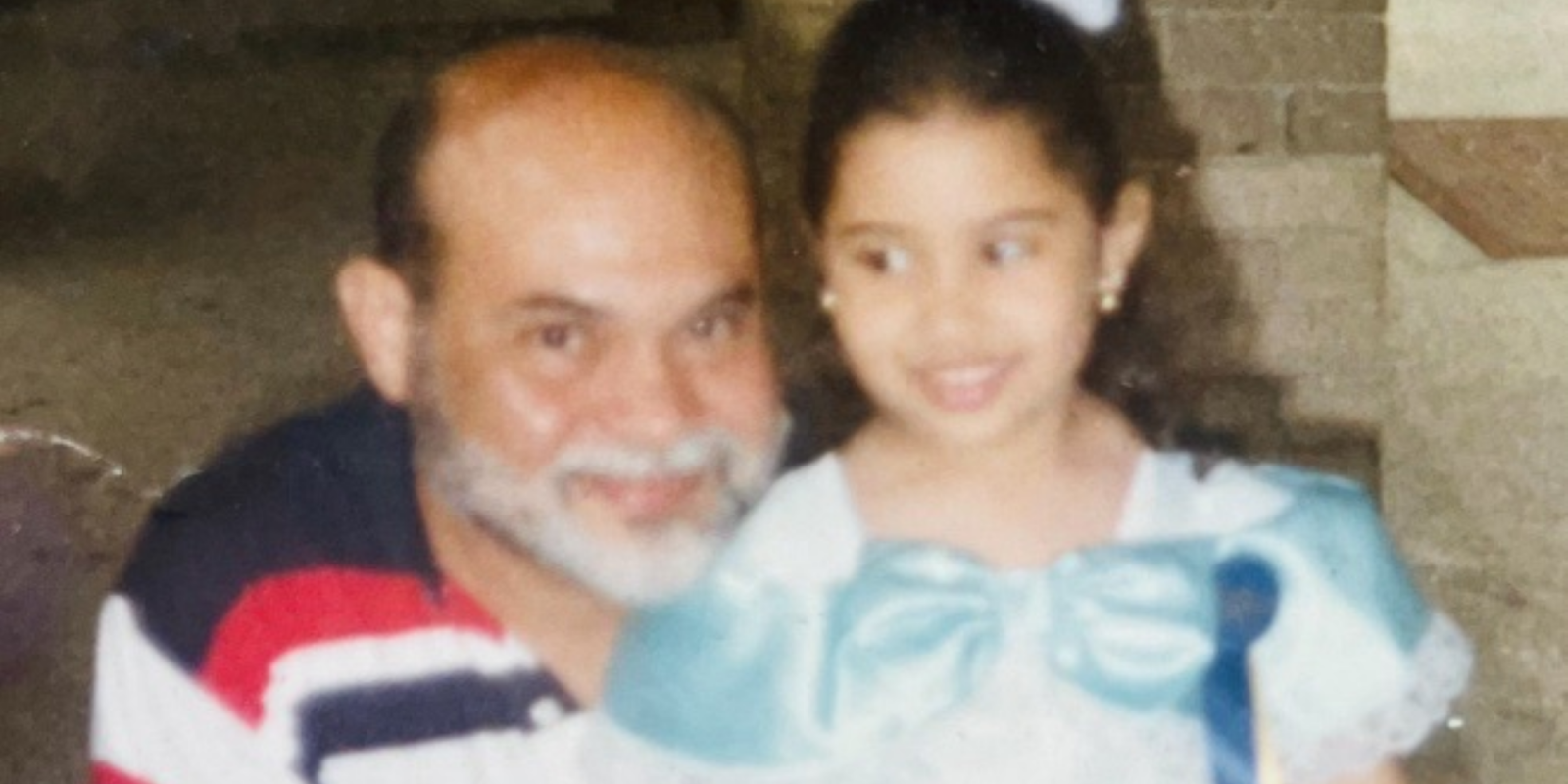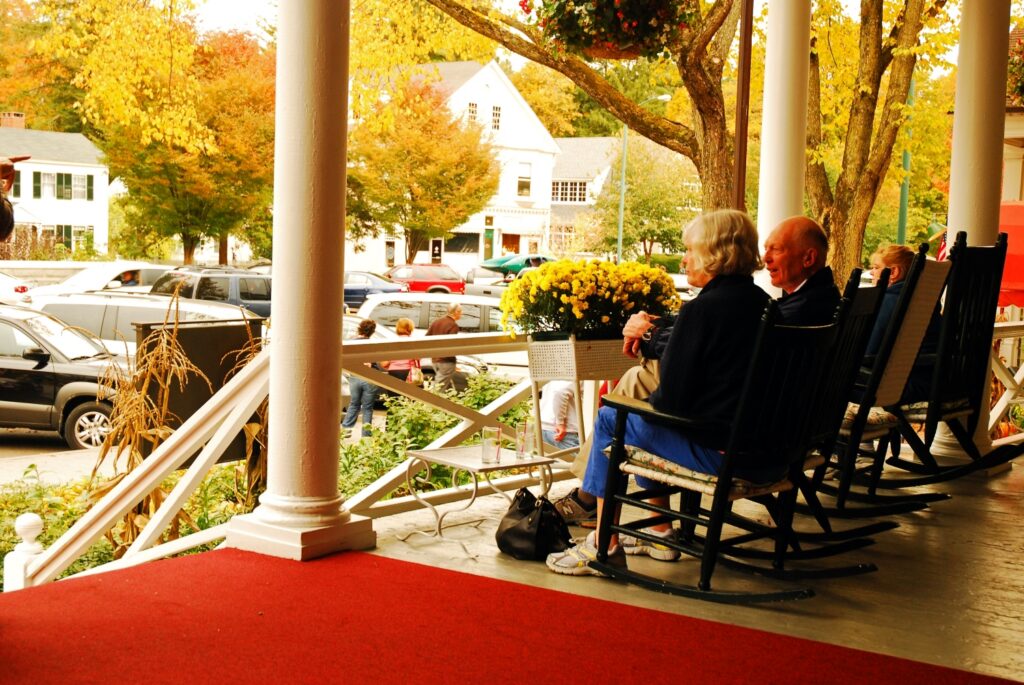I am my father’s daughter.
A bio outlines a person’s accomplishments and roles in a neat, linear fashion. But the essence of who I am spills over the margins. It is found in the moments that remind me of my father’s compassion and laughter, in the fiery resilience when I stand up for what I believe in, and in the stories and traditions passed down from my ancestors.
Growing up my father ingrained in my siblings and me the story of Whose Job is it Anyway? (Everybody, Somebody, Anybody and Nobody). As a child I thought this story was about making sure we cleaned our rooms. That we assumed responsibility even if a mess wasn’t ours because regardless it was our home and therefore all our responsibility. As I got older, I realized the lesson our father was teaching us was about more than chores and accountability. He was teaching us empathy, support and initiative. He wanted us to be leaders.
For many people my father was that support, that empathetic ear and that encouragement. I am still learning about the impact he had on people’s lives, years after he passed away. Some are people I never knew but who he helped when they needed it, and sometimes even when they didn’t know they did.
He taught me not only through words but through the silent acts of kindness I witnessed. Even more so through those I didn’t. His support was not only about offering solutions but about creating an environment in which people could grow, nurturing dreams with practical advice and unwavering faith in human capacity. If there was anything in his power he could do to help someone, he did it.
He helped people when they needed it, sometimes even when they didn’t know they did.
I used to say that when I was born, he was my provider. As a kid he was my hero. As a teenager he was my adversary. As an adult he was my best friend. Now that he is gone, he is my inspiration. My motivation is to carry on his legacy by being a leader, an advocate and a safe space for anyone who needs it.
My father’s teachings have grounded me in my personal beliefs and my interactions with the world. When I began my professional career, I was faced with the stark reality that not everyone has someone and what that meant. Older adults often are forced to navigate a healthcare system they don’t understand and end up being taken advantage of.
What happens to the people who don’t have people? The answer is simple, we have to be their people, we have to be their educators and their advocates. That is what I have been striving for in one way or another in all of my roles since then.
Roots in Community and Culture
I grew up in a multigenerational household and was raised by a village, one that consisted of not only my father and siblings but also my grandmother, aunts, uncles, cousins, neighbors and friends. I was shaped by all of them. I loved hearing my grandmother recount stories of Puerto Rico, of her life as a young girl. She faced many challenges in her life, yet she wasn’t hardened by them. She was able to look back and see the beauty in what made her who she was. My grandmother showed me that softness does not equal weakness but the opposite, it makes you strong.
The women who raised me taught independence, they taught me about faith and loyalty. Hearing stories of their lives gave me a better understanding of myself. To understand where they had been gave me direction toward where I needed to go.
I may have said once or twice, “We may not have it all together, but together we have it all.”
What a beautiful thing it is to live in community. To have people take the time to understand you, to help you grow, to stand up for you, to teach you how to stand up for yourself and for others. These are the lessons I’ve learned. These are the things I hope to spread as far as I can reach because it is our responsibility, our society, our people and our world.
My roots are not just in the home where I was raised but also fan out to the vibrant cultures of Puerto Rico and Colombia—lands of beauty, resilience and spirit, which run through my veins. “Yo soy Boricua, pa’que tu lo sepas!” (I am Puerto Rican, so that you know!) is more than a statement of pride; it’s a declaration of my intricate identity, a colorful tapestry woven with threads of struggle, celebration, resistance and triumph.
The strength of my people comes from “familismo,” a core aspect of our culture. It is a deep sense of loyalty, reciprocity and solidarity that extends beyond family members to the community.
A Legacy Forward: My Father’s Echo
Even now, years after his passing, my father’s influence ripples through my actions. His legacy is not enshrined in accolades but in the lives he touched, including my own. My pursuit now is not just to live up to his name but to build my own legacy—one that shelters, guides, and inspires.
Who I Am and Who I Hope to Be
Who am I beyond my bio? I am a living legacy, a blend of past lessons and present endeavors, an individual at the intersection of memory and aspiration. I am a daughter, a leader, a Latina and so much more. Each day, I carry forward the wisdom of my father, the richness of my culture, and the drive to make a difference, hoping to leave behind a world that’s a little better than when I found it.
As you’ve read my story, I invite you to consider your own—who are you beyond your bio? What legacies propel you forward? And how do you translate the intangible inheritance of your past into the tangible actions of your present?
Victoria Ruiz is ASA’s education and program manager.
Photo caption: Victoria Ruiz and her father.
Photo credit: Courtesy Victoria Ruiz.













